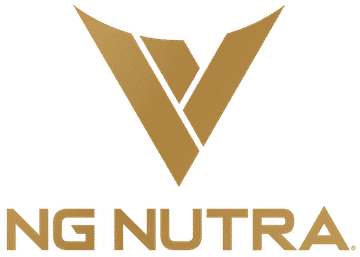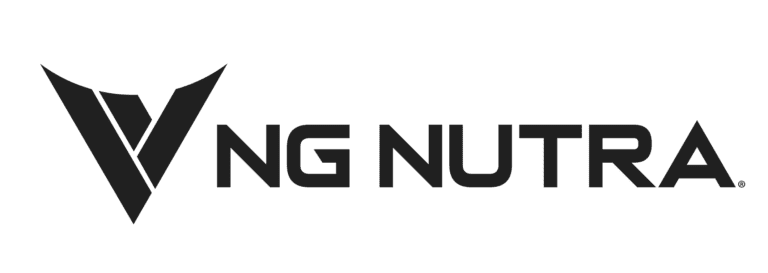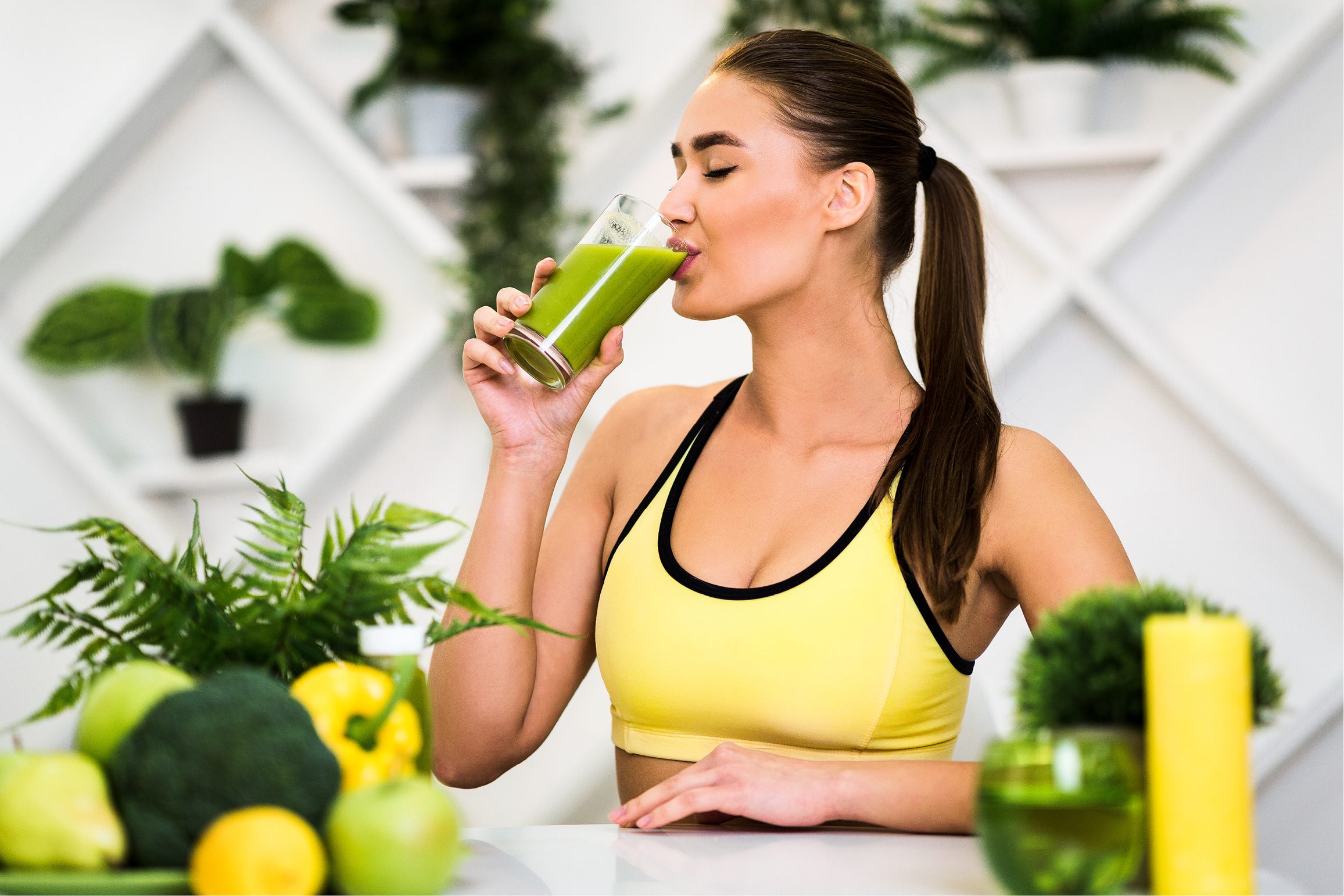Cold season is here! Between the normal round of colds and flus you normally have to try to dodge, you also all have COVID-19 to worry about this year. One way that you can fight back against colds and the coronavirus is by doing what you can to boost your immunity. Here’s how to boost your immune system this year with the three most important categories: exercise, recovery, and nutrition.
How to Boost Your Immune System with Exercise
Let’s start off this list with one of the best ways to increase immunity AND support a number of other health and fitness benefits: exercise and physical activity.
Remember the Rule of 150 / 300
Studies show that moderate-intensity exercise increases your immune response, strengthening your body and immune system against seasonal viruses. If you’re currently not exercising (or not exercising enough), you can follow a general rule as laid out by the Center for Disease Control:
Each week, you should be performing:
- 150 minutes of moderate-intensity exercise or physical activity per week (30 minutes per day for five days)
OR
- 75 minutes of high-intensity exercise or physical activity per week (25 minutes per day for three days)
OR
- A combination of both. [1]
Visit a Sauna
While a sauna isn’t a form of exercise in the traditional sense, your body is working very hard due to heat-related stress. Studies show that sauna usage can increase both white and red blood cell count. Although one study found that people with more exercise experience had the best overall response. How long should you jump in a sauna for? It depends on your experience and tolerance with this type of environment. If you’re new to saunas, try 5 to 10 minutes, rehydrate, and see how you feel. Do a few sessions in the same 5-to-10-minute increments. If this isn’t your first rodeo, you can sit in a sauna between 15 and 35 minutes. Just be sure to hydrate before, during, and after your session. [2]
Recovery
Next up, let’s talk about what you can do to improve your rest and recovery.
Aim for 7 to 9 Hours of Sleep
Did you know that it’s during sleep when your body works to repair the damage done from your day? Naturally, the less sleep you’re getting, the greater the threat to your immune system and overall recovery. Experts still recommend between 7 to 9 hours of sleep for most people. If your schedule allows it, try to get to bed by 10 p.m. because your body’s greatest amount of recovery-boosting growth hormone is released between 10 p.m. and 2 a.m. [3]
Be sure to power down about an hour or two before bed. That means no electronics since these can emit blue light that blocks you form producing enough melatonin for sleep. Try getting into a sleep-focused routine with a warm shower, cold room, good book, and relaxing tea.
Nutrition
What you do in the kitchen is the final piece of the immune-boosting puzzle. Here are some nutritional things to get into the habit of doing.
Eat with Immunity in Mind
Trendy diets all have a purpose and a goal. With the ketogenic diet, the goal is to minimize or eliminate carbohydrates. With Paleo, the goal is to return to the eating habits of our ancestors. With an immune-boosting diet, you want to eat foods that will skyrocket your immunity. Here are some of the highlights of an immune-boosting diet:
Vegetables: With a focus on dark leafy greens, eat more fresh vegetables as the nutrients within have been shown to promote a heightened immune response. Some great choices would be broccoli, kale, spinach, Brussel sprouts, cauliflower, and salad greens.
Herbs / Roots: Things like ginger, turmeric, and garlic can make most meals better and they also boost your immunity.
Fruits: Avoid high-sugar fruits like watermelon and focus on nutrient-dense, low-sugar fruits like raspberries and citrus.
Nuts and Seeds: Healthy fats including saturated fats are super important for promoting your immune system. Dietary fats provide the building blocks for growth hormone, which is an important part of the repair and recovery process.
Meat, Poultry, and Fish: Can’t forget about the protein! If this in line with your dietary beliefs, be sure to add in some of the following options: grass-fed beef, organic and free-range chicken, and responsibly sourced seafood. You can also include other high-protein, animal-based options such as yogurt and eggs.
Boost Your Immunity with a Whole-Food Supplement
While the focus of your eating habits should be on a foundation of whole foods, dietary supplements can help to complement your diet by filling in the nutritional gaps. One of the best supplements to take to boost your immune system is a whole-food supplement that is packed with nutrient-dense reds, greens, probiotics, and digestive enzymes. Introducing Wellness Reds + Greens.
Our Wellness Reds + Greens is a whole foods-based supplement that you can take daily just like a multi-vitamin. It’s packed with over 50 of the most potent fruits and vegetables to support your immune system, gut health, and the body’s natural detoxification process. Give your body the extra edge this cold season with Wellness Reds + Greens.
References
- Campbell JP, Turner JE. Debunking the Myth of Exercise-Induced Immune Suppression: Redefining the Impact of Exercise on Immunological Health Across the Lifespan. Front Immunol. 2018;9:648. Published 2018 Apr 16. doi:10.3389/fimmu.2018.00648.
- Pilch W, Pokora I, Szyguła Z, et al. Effect of a single finnish sauna session on white blood cell profile and cortisol levels in athletes and non-athletes. J Hum Kinet. 2013;39:127-135. Published 2013 Dec 31. doi:10.2478/hukin-2013-0075.
- Besedovsky L, Lange T, Born J. Sleep and immune function. Pflugers Arch. 2012;463(1):121-137. doi:10.1007/s00424-011-1044-0.





